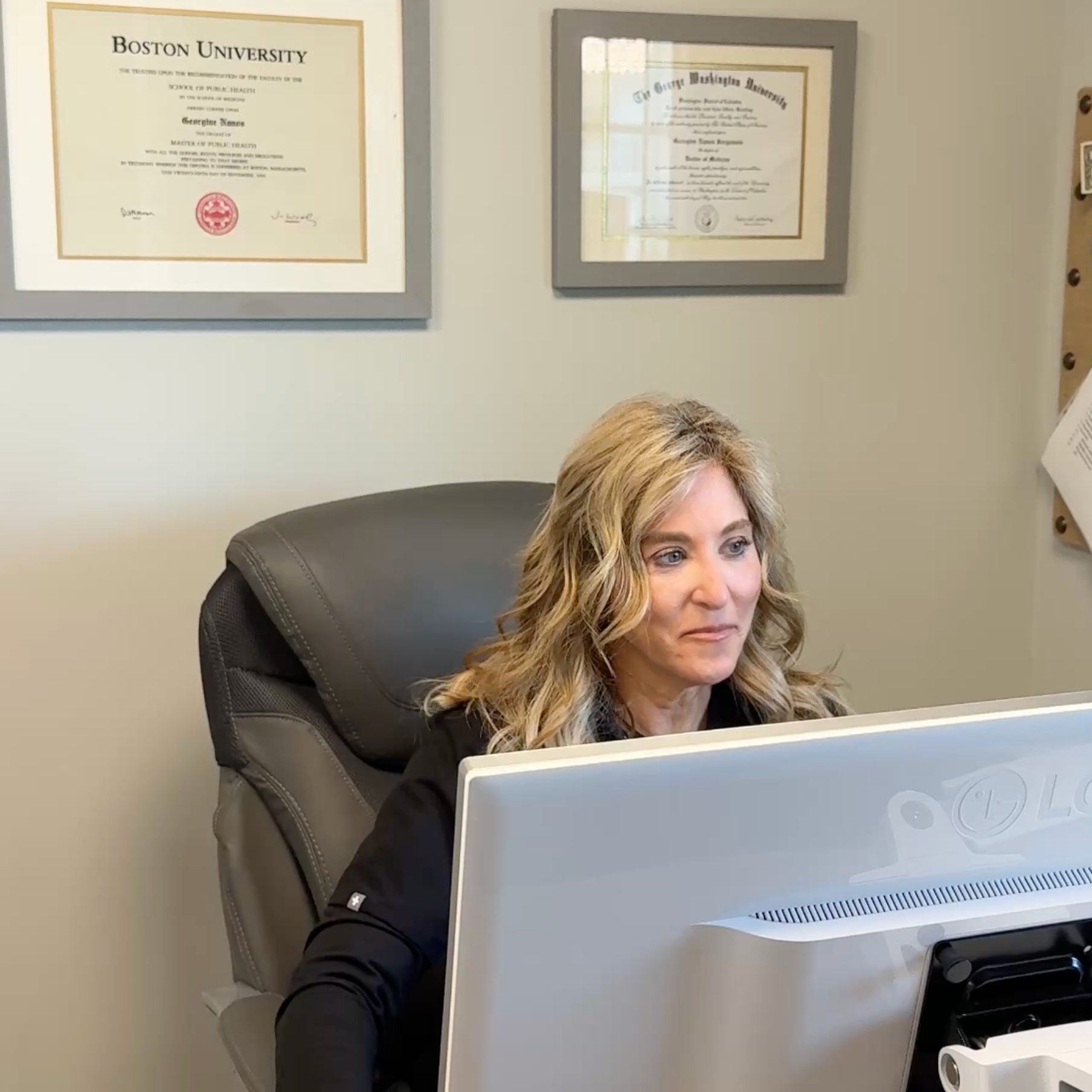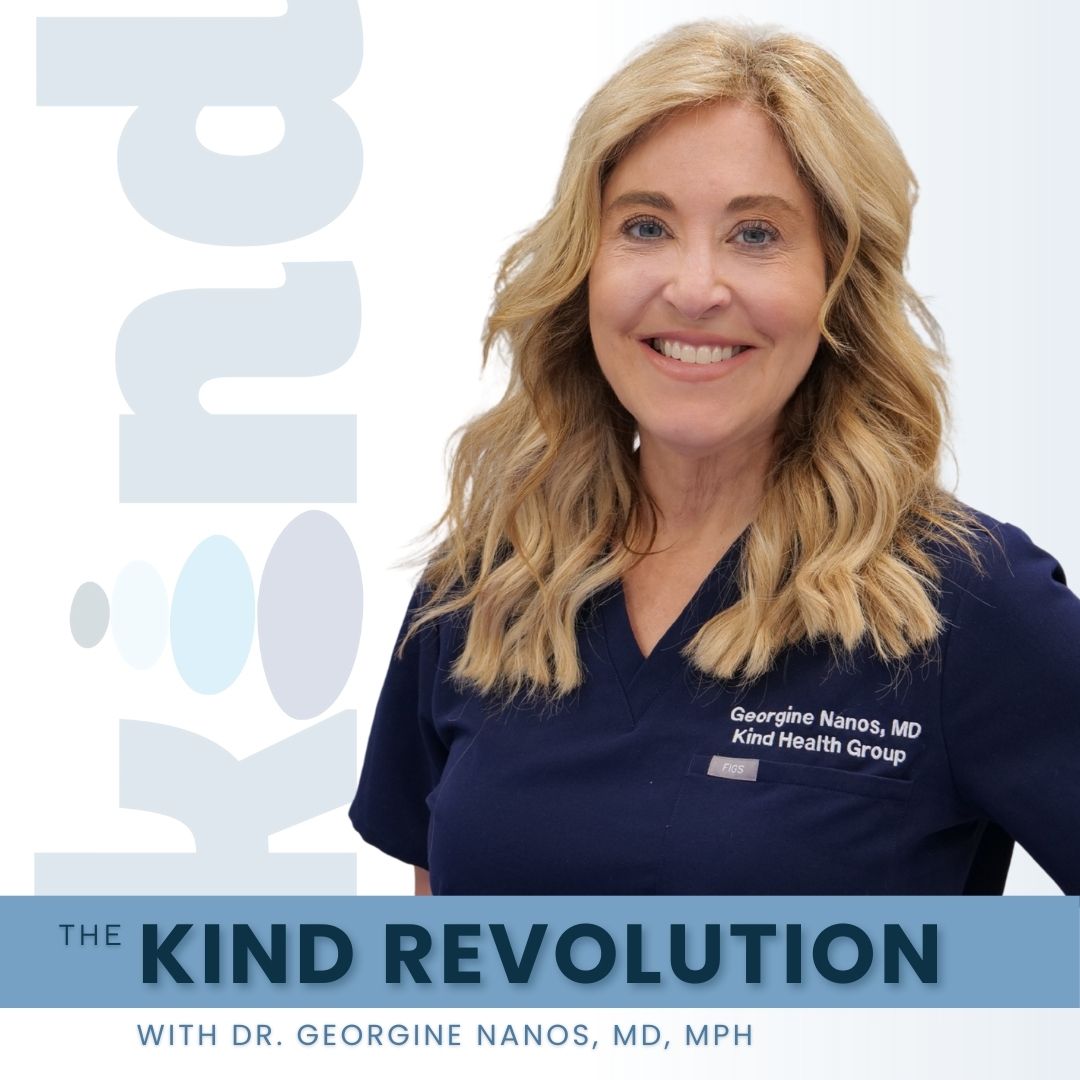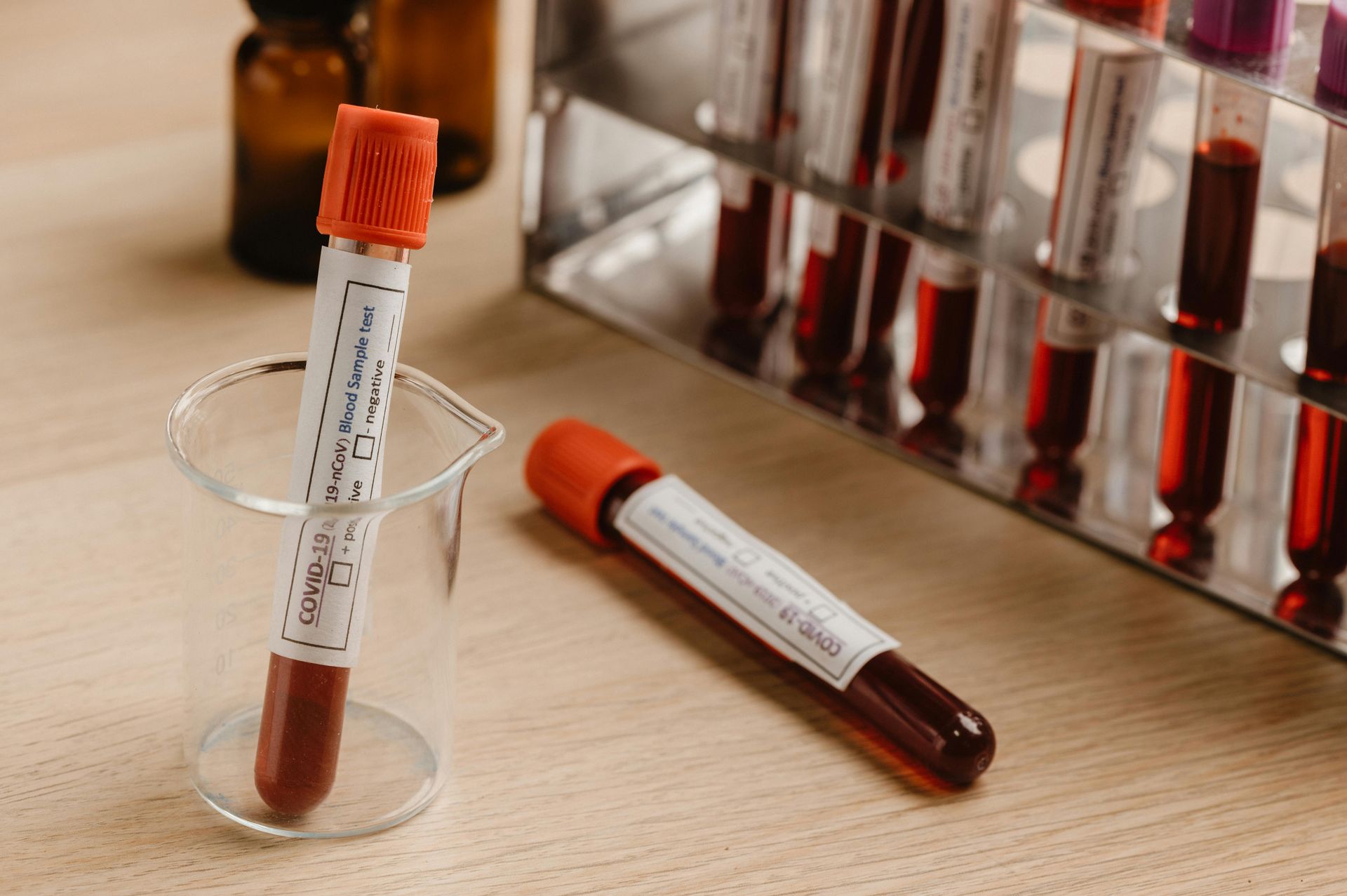Preventing and Managing Ovarian Cancer: Risk Factors and Early Detection
November 14, 2023
Preventing and Managing Ovarian Cancer: Risk Factors and Early Detection
Ovarian cancer is a devastating disease that affects thousands of women each year. It is often called the silent killer because its symptoms can be vague or easily mistaken for other conditions. However, by understanding the risk factors associated with ovarian cancer and focusing on early detection, we can make significant strides in preventing and managing this disease. Kind Health Group, a leading healthcare provider, is committed to empowering women in the fight against ovarian cancer through education, awareness, and cutting-edge technology. Take control of your health and learn how Kind Health Group can help you prevent and manage ovarian cancer.
Knowing the risk factors associated with ovarian cancer is essential in taking proactive steps towards prevention. Age, family history, inherited gene mutations (such as BRCA1 and BRCA2), and personal medical history are among the known risk factors. Biometric wearables have emerged as valuable tools in monitoring various health parameters and providing insights into potential risk factors. By incorporating biometric wearables into their practice, Kind Health Group enables women to track and analyze their health data, empowering them to make informed decisions about their well-being.
Early detection plays a vital role in successfully treating ovarian cancer. Unfortunately, this disease is often diagnosed at advanced stages when treatment options are limited. Biometric wearables offer an opportunity for early detection by continuously monitoring key health indicators and detecting any abnormal patterns. Kind Health Group leverages the power of these wearables to identify potential signs of ovarian cancer early on. With their expertise and advanced technology, they can promptly refer patients for further diagnostic tests and screenings, improving the chances of early detection and more favorable treatment outcomes.
In addition to early detection, biometric wearables also promote proactive management of ovarian cancer risk factors. By monitoring factors such as hormone levels, sleep patterns, and physical activity, these wearables provide valuable insights into an individual's health and potential risk for ovarian cancer. Armed with this information, Kind Health Group can work closely with patients to develop personalized prevention strategies. Through lifestyle modifications, regular screenings, and targeted interventions, women can take control of their health and reduce their risk of developing ovarian cancer.
At Kind Health Group, they understand that preventive care is the foundation of good health. By incorporating biometric wearables into their practice, they empower women to actively participate in their well-being. To learn more about their services or to schedule a consultation, call Kind Health Group at 760-492-7986 or text them at the same number.
Empower yourself in the fight against ovarian cancer. Contact Kind Health Group today to take proactive steps towards prevention and early detection. By understanding the risk factors and utilizing cutting-edge technology, you can make a significant impact on your health and well-being. Trust the experts at Kind Health Group to support you every step of the way.









